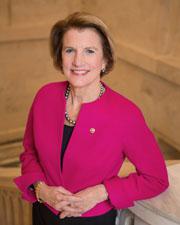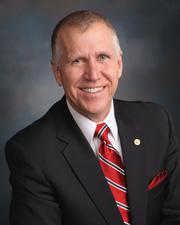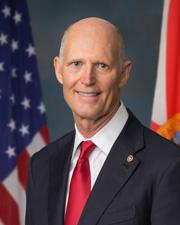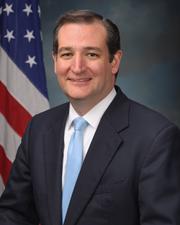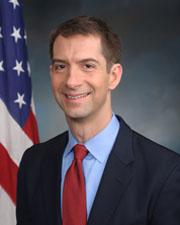0
A bill to restrict United States voluntary and assessed contributions to the United Nations, and for other purposes.
2/5/2025, 11:56 AM
Summary of Bill S 313
Under this legislation, the US would be required to significantly reduce its voluntary contributions to the UN, which are funds that the country chooses to provide above and beyond its required assessed contributions. Additionally, the bill seeks to place restrictions on the amount of assessed contributions that the US can provide to the UN, which are mandatory payments that member states are required to make based on their relative wealth and income.
The purpose of this bill is to limit the financial burden that the United States faces in supporting the United Nations, as well as to ensure that US taxpayer dollars are being used effectively and efficiently. Proponents of the bill argue that the UN is often wasteful and inefficient in its use of funds, and that the US should not be required to contribute such large amounts of money to an organization that they believe does not always act in the best interests of the country. Opponents of the bill, however, argue that reducing US contributions to the UN could have negative consequences for international cooperation and diplomacy. They believe that the United Nations plays a crucial role in addressing global challenges such as poverty, conflict, and climate change, and that cutting funding to the organization could undermine these efforts. Overall, Bill 119 s 313 represents a significant shift in US policy towards the United Nations, and has sparked a heated debate among lawmakers and policymakers about the future of US involvement in the international organization.
Congressional Summary of S 313
Stop Funding Global Terrorists Act of 2025
This bill prohibits the United States from making any voluntary or assessed contributions to the United Nations (UN) for assistance to Afghanistan until the Department of State certifies to Congress that (1) no U.S. funds are used in cash shipments by the UN to Afghanistan, and (2) terrorist organizations do not receive funds as a result of such cash shipments. If the State Department later determines such a certification is inaccurate, it must revoke the certification and notify Congress.
Current Status of Bill S 313
Bipartisan Support of Bill S 313
Total Number of Sponsors
2Democrat Sponsors
0Republican Sponsors
2Unaffiliated Sponsors
0Total Number of Cosponsors
18Democrat Cosponsors
0Republican Cosponsors
18Unaffiliated Cosponsors
0Policy Area and Potential Impact of Bill S 313
Primary Policy Focus
Alternate Title(s) of Bill S 313
Comments

Stella Zhu
10 months ago
I think this bill is a good idea. It's important for the US to prioritize where our money goes, and I support limiting contributions to the UN. It's about time we focus on our own country first. Did you know that this bill also includes provisions for increased transparency in UN spending?
